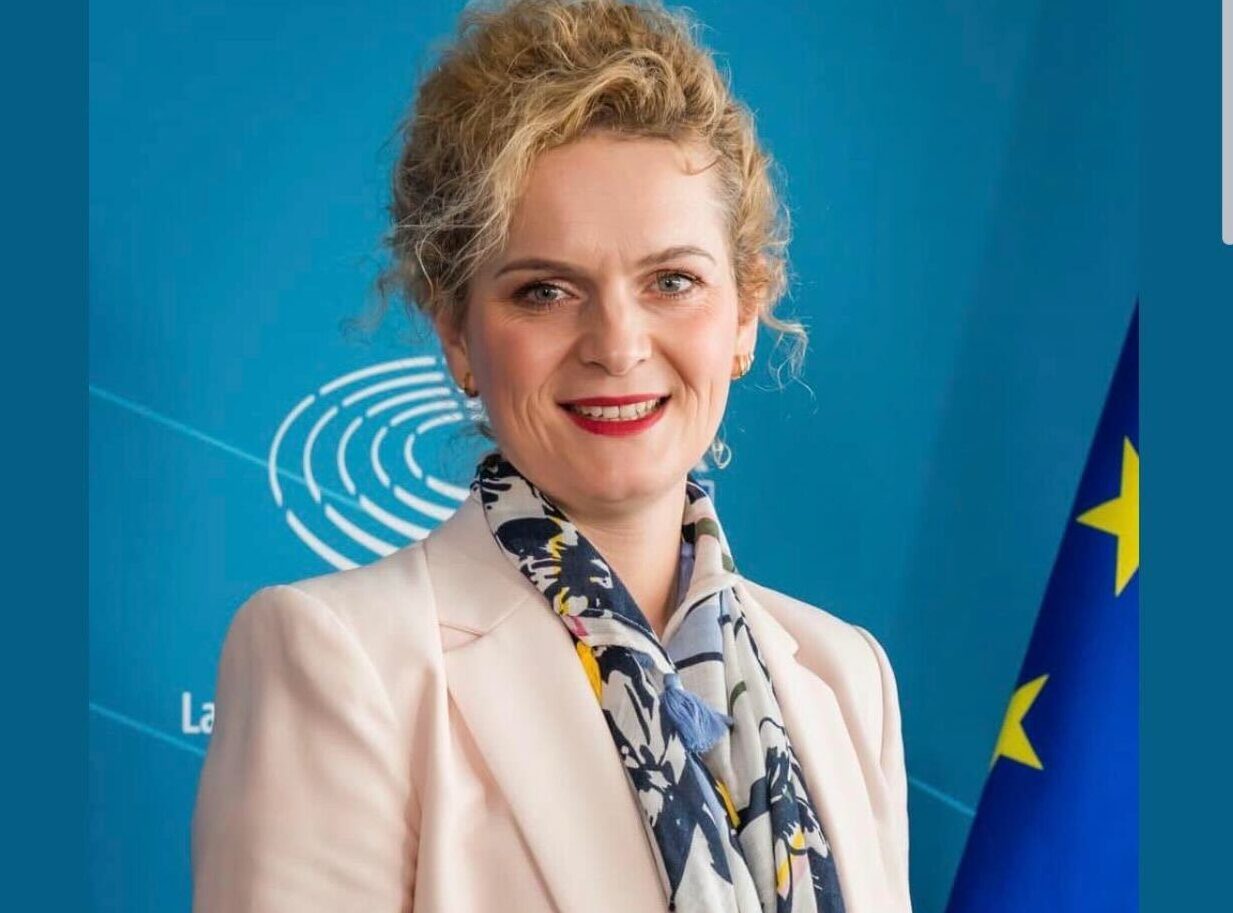Report: Attacks on Media Workers in Russia in 2024

A new report Attacks on Media Workers in Russia in 2024 documents the systemic pressure faced by independent journalists, bloggers, and media professionals both within Russia and among Russian media workers in exile. Repressive tactics remained consistent with previous years, including criminal prosecutions, administrative penalties, inclusion in the registers of “foreign agents” and “undesirable organisations,” as well as online bans and cyber-attacks. In total, JFJ identified, verified and analysed 806 cases of attacks collected from open sources in both Russian and English.
JFJ INVESTIGATIVE GRANT PROGRAMME

- Lana Estimirova who collaborated with the JFJ on her Trouble with the Truth podcast in the past, has released her first book “Please, live!” about her mother, prominent Chechen human rights activist and journalist who was assassinated 16 years ago.
- On 27 June, the documentary Of Caravan and the Dogs, supported by the JFJ Investigative Grant Programme, was presented in Yerevan, Armenia. The screening was followed by the Q&A session with filmmaker Askold Kurov.
STATEMENTS

- JFJ joined international Media Freedom Rapid Response partners and Council of Europe Safety of Journalists Platform members to express support to our colleague Flutura Kusari, Senior Legal Advisor at the European Centre for Press and Media Freedom (ECPMF), as she seeks legal action against online activist Mentor Llugaliu, whom she accuses of waging a three‑year campaign of harassment and intimidation via more than 100 Facebook posts after she monitored Kosovo’s public‑broadcaster board appointments. The posts, laden with derogatory language and causing significant distress to Kusari and her family, allegedly aimed to punish her for her advocacy of political independence at RTK and to deter women from public life.
- JFJ and international media freedom, journalists’, and human rights organisations, released a statement to renew the call on the international community, especially the European Union (EU), to exert effective pressure on the Georgian Dream ruling party to end the suppression of independent journalism and to uphold democratic principles and media freedom. We further reiterate our full solidarity with Georgian journalists, who, despite mounting pressure, refuse to be silenced.
EVENTS
- On 2 July, JFJ participated in the National Committee for the Safety of Journalists meeting in London, UK. During the meeting, JFJ raised the issue of exiled journalists, transnational repressions and the benefits of working with international organisations, including the CoE Platform on Safety of Journalists, on these and other challenges to the safety of journalists.
- On 6 May, JFJ attended the launch of the Worlds of Journalism Study Global Index on Journalists’ Safety in Brussels. The index is compiled on the basis of a worldwide survey with 30,890 journalists in 73 countries conducted in the period 2020-2025 as part of the third wave of the Worlds of Journalism Study and using data from UNESCO’s Observatory of Killings.
- On 6 May, JFJ attended the IRFS and the Media Diversity Institute Global discussion on the shrinking media freedom in the South Caucasus and Central Asia. The event took place on the margins of the World Press Freedom Day 2025 in Brussels, organised by UNESCO.
- In May, our partner Media Defence published its 2024 Annual report that provides an overview of Media Defence’s work last year — including the emergency legal support they provided to journalists under threat, the strategic cases they took on to challenge repressive laws, and how they have been working with partners and lawyers around the world to strengthen press freedom.
OPPORTUNITIES FOR JOURNALISTS
- The JX Fund invites established, independent Belarusian media in exile to apply for financial support to help secure sustainable operations abroad. In cooperation with the International Fund for Public Interest Media (IFPIM), a second call has been launched for exiled media from Belarus with an annual budget of more than €200,000. The two funding opportunities are designed to address the needs of media organisations of different sizes and capacities. The application deadline is June 20 and July 27.
- The International Fund for Public Interest Media, in partnership with the JX Fund, invites independent media organisations in exile from Belarus and Azerbaijan to apply for funding under the Resilient Voices: Supporting Exiled Journalism program. The initiative aims to help media organisations continue serving audiences in their home countries, where access to independent, fact-based information is severely restricted. The application deadline is July 25.
- The Journalism Science Alliance (JSA) supports cross-sectoral collaboration between journalism and research institutions to produce investigative stories on topics of public interest. Through funding, training, mentoring, and networking, JSA empowers media–research partnerships to deliver in-depth, science-backed reporting across Europe and beyond. Applicants must be based in Creative Europe participating countries, including all EU members plus Albania, Bosnia and Herzegovina, Georgia, Iceland, Liechtenstein, Montenegro, North Macedonia, Norway, Serbia, and Ukraine. The application deadline is August 4. Learn more about this opportunity here.
